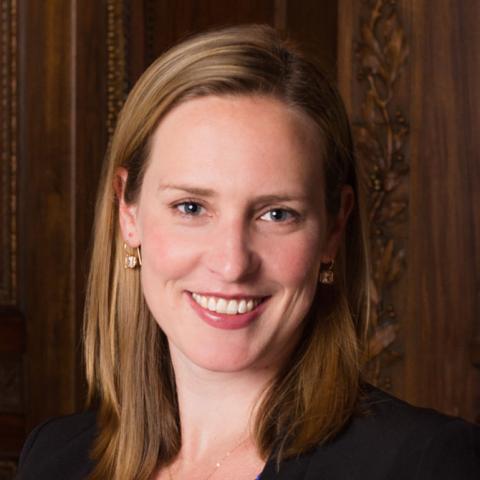Published October 29, 2019, in the Harvard Business Review. Reposted with permission.
Private investment in U.S. health care has grown significantly over the past decade thanks to investors who have been keen on getting into a large, rapidly growing, and recession-proof market with historically high returns. Private equity and venture capital firms are investing in everything from health technology startups to addiction treatment facilities to physician practices. In 2018, the number of private equity deals alone reached almost 800, which had a total value of more than $100 billion.
While private capital is bringing innovation to health care through new delivery models, technologies, and operational efficiencies, there is another side to investors entering health care. Their common business model of buying, growing through acquisition or “roll-up,” and selling for above-average returns is cause for concern.
Take the phenomenon of surprise bills: medical invoices that a patient unexpectedly receives because he or she was treated by an out-of-network provider at an in-network facility. These have been getting a lot of attention lately and are driven, at least in part, by investor-backed companies that remain out of network (without contracts with insurers) and can therefore charge high fees for services that are urgently or unexpectedly required by patients. Private equity firms have been buying and growing the specialties that generate a disproportionate share of surprise bills: emergency room physicians, hospitalists, anesthesiologists, and radiologists.
In other sectors of the economy, consumers can find out the price of a good or service and then choose not to buy it if they don’t believe it to be worth the cost. In surprise bill cases, they can’t. Patients are often unaware that they need these particular services in advance and have little choice of physician when they use them.
To blunt growing bipartisan political support for protecting patients from surprise bills, various groups have lobbied against legislation that would limit the practice. They include Doctor Patient Unity, which has spent more than $28 million on ads and is primarily funded by large private-equity-backed companies that own physician practices and staff emergency rooms around the country. Their work seems to be having an impact: efforts to pass protections have stalled in Congress.
Physician practices have been a popular investment for private equity firms for years. According to an analysis published in Bloomberg Law, 45 physician practice transactions were announced or closed in the first quarter of 2019. At the current pace, the number of deals to buy physician and dental practices will surpass 250 this year, far exceeding 2018 totals. Yes, these investments can provide independent physicians and small practices with an alternative to selling themselves to hospitals and can help them deal with administrative overhead that takes them away from the job they were trained to perform: providing care. But, at least in some cases, the investors’ strategy appears to be to increase revenues by price-gouging patients when they are most vulnerable.
Surprise billing from investor-backed physician practices isn’t the only problem. Private-equity-owned freestanding emerging rooms (ERs) are garnering scrutiny because of their proliferation and high rates. The majority of freestanding ER visits are for non-emergency care, and their treatment can be 22 times more expensive than at a physician’s office.
However lucrative in the short run, private investor-backed companies that hurt consumers are not likely to perform well financially in the long term. Unlike many other markets, health care is both highly regulated and highly sensitive to the reality or appearance of victimizing the sick and vulnerable. Consumer outrage leads quickly to government intervention.
Investors will benefit most by solving the health care system’s legion of problems and by adding true value to our health system — delivering high-quality services at affordable prices and eliminating waste. Those that try to maximize their short-term profits by pushing up prices without adding real healthcare benefits are likely to find that those strategies are unsustainable. Lawmakers and regulators won’t let them get away with such practices for long.


